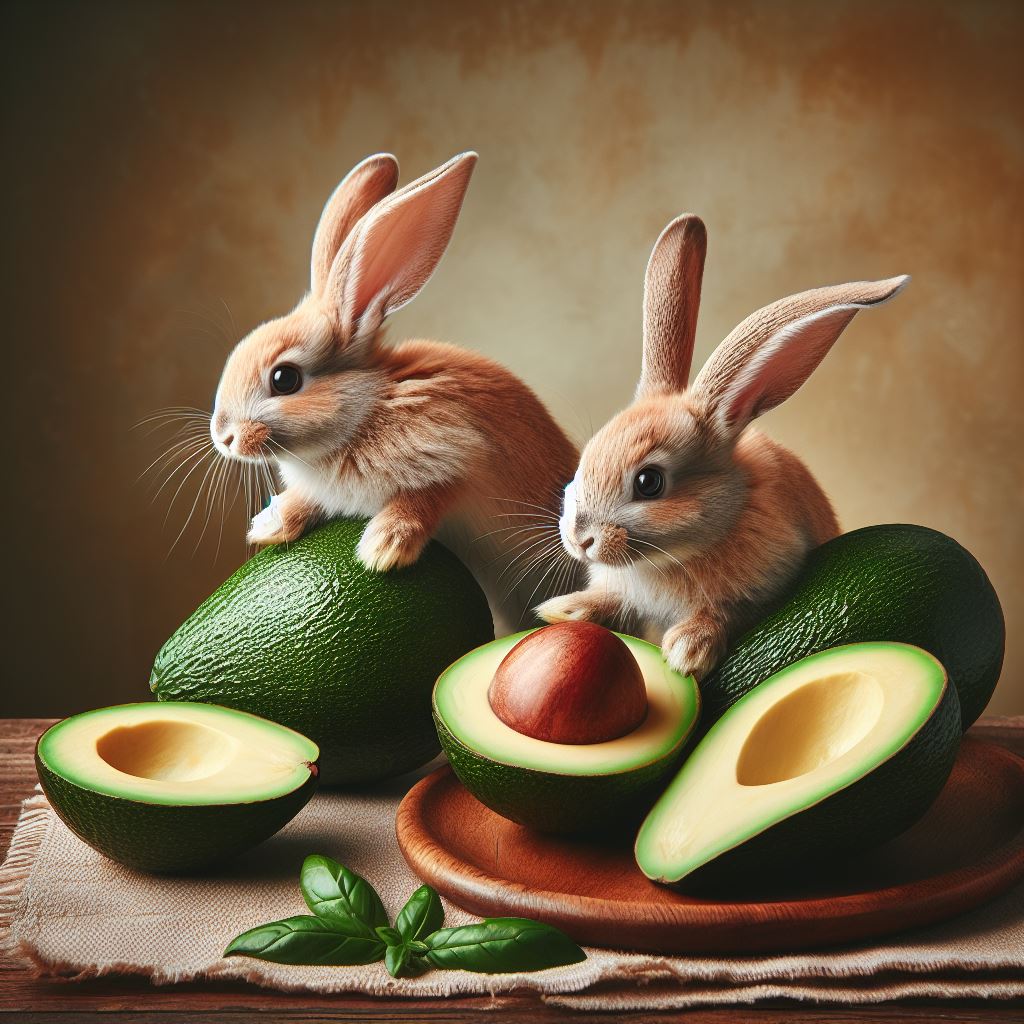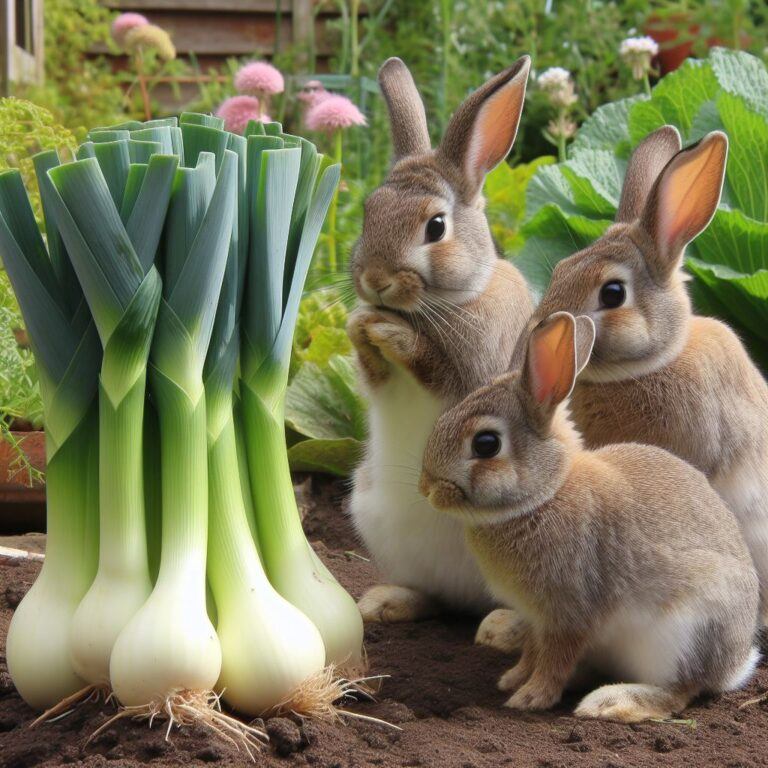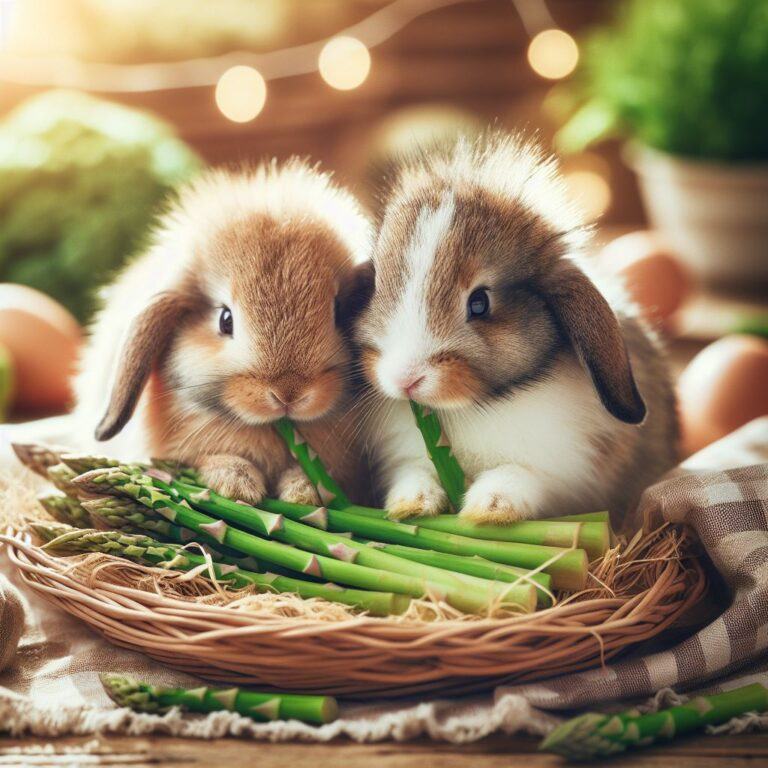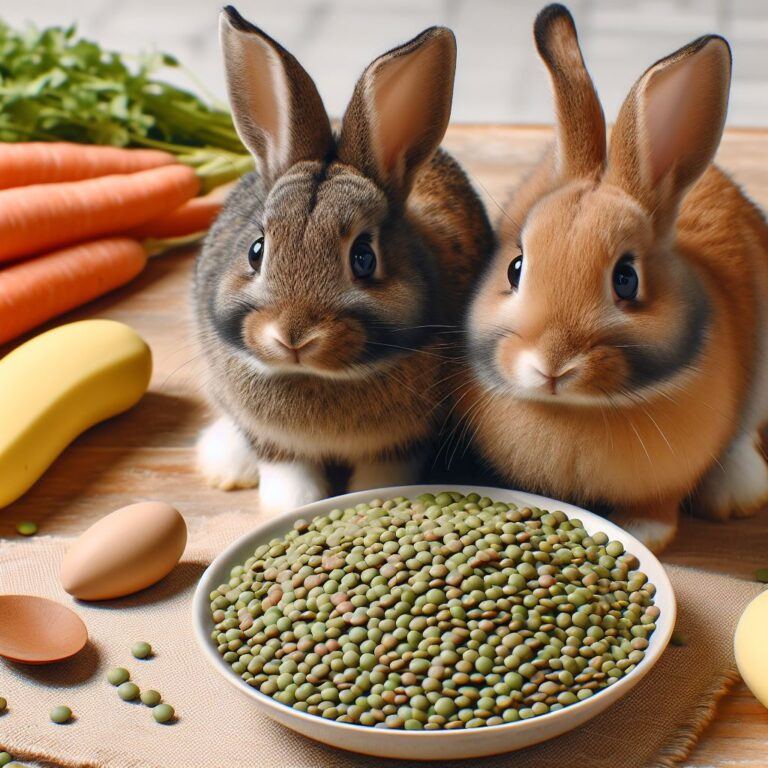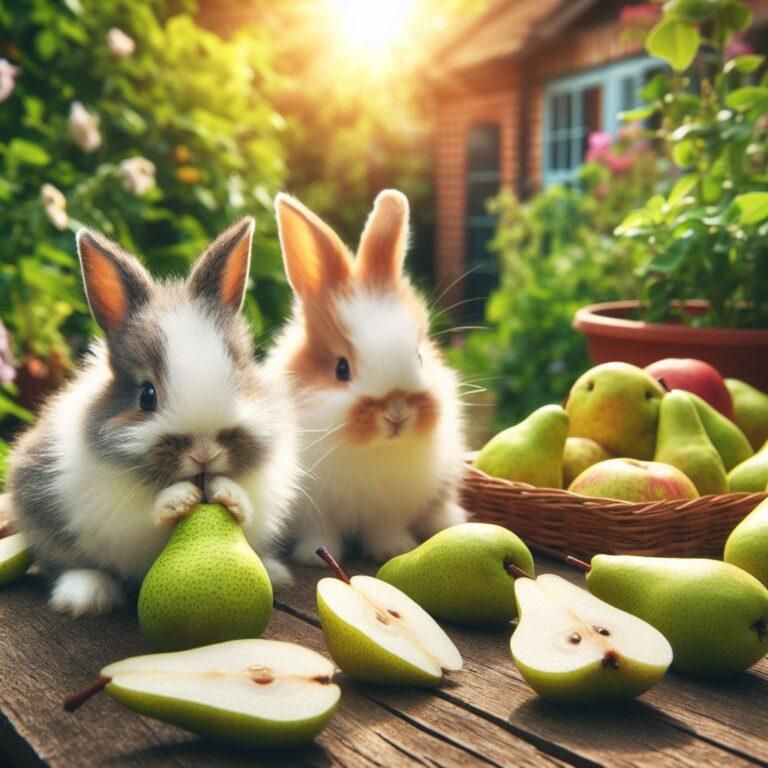Can Rabbits Safely Eat Avocado
NO, Rabbits CANNOT safely eat avocado. The fruit contains a substance called persin, which is toxic to rabbits. If a rabbit consumes avocado, it can lead to severe health implications, including but not limited to myocardial necrosis, respiratory distress, and even death.
Persin is found in the leaves, pit, and even the flesh of the avocado. While some animals can handle this toxin without severe side effects, rabbits are particularly sensitive to it.
This disparity in animal reactions to persin is due to differences in metabolism and digestive systems.
The severity of avocado poisoning in rabbits can manifest in various symptoms, from gastrointestinal upset to difficulty breathing.
As a responsible pet owner, it’s critical to recognize these signs promptly and to seek veterinary care immediately if you suspect that your rabbit has ingested any amount of avocado.
The reason for the danger is not due to one compound alone but to the overall composition of avocado and how its chemical makeup interacts with a rabbit’s physiology.
A deeper understanding of these effects leads us directly to examine the precise chemical structure of persin and its particular implications for rabbits.
Understanding Avocado Toxicity in Rabbits
Rabbits cannot process the natural fungicidal toxin called persin, present in avocados. This substance, while harmless to humans and some other animals, induces a toxic reaction in rabbits.
The susceptibility to avocado toxicity varies among different species, largely due to differences in their digestive systems and metabolic rates.
Rabbits have a unique digestive tract designed for processing fibrous plants and are particularly vulnerable.
While studies specifically focusing on rabbits are limited, broader veterinary research clearly indicates that persin hurts certain animals, including birds and large mammals like horses, and also cats, and dogs.
These findings provide the foundation for caution against feeding avocados to rabbits.
As rabbit owners, we must recognize and avoid ingredients that could cause harm to our pets.
Let’s look at a list of safe fruits and vegetables that can contribute to a balanced and nutritious diet for your rabbit.
Safe Dietary Alternatives for Your Rabbit
Knowing that avocados pose a serious health risk to rabbits, pet owners must explore safe, healthy alternatives.
Focusing on a balanced diet that caters to a rabbit’s nutritional needs is essential. Rabbits thrive on a varied diet of hay, high-quality pellets, and a selective assortment of fresh vegetables and certain fruits.
Safe vegetables include leafy greens like romaine lettuce, spinach, and kale, which are packed with nutrients without the dangers hidden in avocados.
Small amounts of carrots, although high in sugar, can be given sparingly as a treat. When it comes to fruits, apples (minus the seeds), blueberries, cranberries, and melon can add a touch of sweetness to their diet, just make sure to serve these in moderation due to their sugar content.
Also, some fresh herbs such as basil, mint, or parsley can add a bit of a tasty and healthy variety to our bunny’s diets.
When you’re introducing any new food to your rabbit’s meal plan, it’s best to start slowly. Offer small quantities and observe how your rabbit responds.
Keep an eye out for any digestive upsets or changes in behavior. It is crucial to be patient and attentive during this process to ensure your pet’s well-being.
Ultimately, I can’t stress enough the importance of sticking to a diet designed for rabbits. At all times, fresh water should be available to them.
When in doubt, consult with a veterinarian regarding the best dietary choices for your furry friend. Responsible feeding practices, along with appropriate medical guidance, will keep your rabbit healthy and happy.

